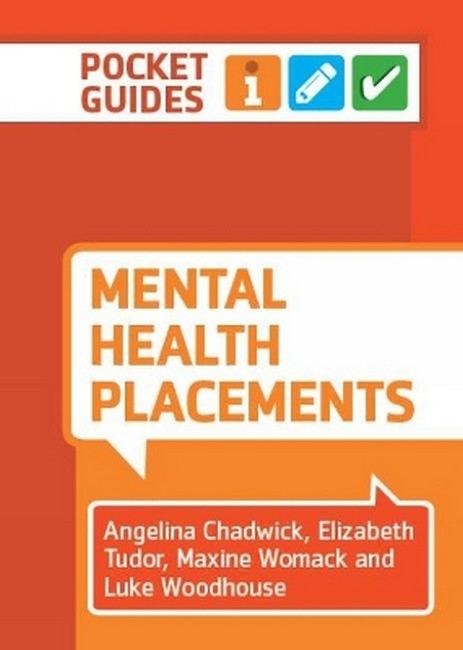Angelina is Lecturer in Mental Health Nursing a the University of Salford. She began her career as a general nurse in 1986, working in surgery. She later retrained as a mental health nurse and progressed into a variety of mental health nursing clinical and management roles within acute inpatient, older people and community practitioner areas. She moved into education as a training manager in an NHS Mental Health Trust, and then into higher education as a nurse lecturer in 2010. She is currently a module leader in the pre-registration degree nursing programme and teaches on both pre-registration and post graduate programmes. Her keen interest is around physical health in mental health. Angelina has published in a variety of nursing journals and textbooks. Elizabeth is Practice Education Facilitator in the Greater Manchester Mental Health NHS Foundation Trust. She began her career in nursing in 1977, qualifying as a State Enrolled Nurse working in surgery. She then retrained as a Mental Health Nurse in 1980 specialising in older adult nursing, predominantly dementia care. In 2003 she became involved in developing the assistant practitioner role across the Trust. She qualified as a lecturer / practice educator in 2005 and was heavily involved in teaching an in-house mentorship programme and supporting mentors in practice which has evolved into the implementation of the NMC Standards for Student Supervision and Assessment. Elizabeth is currently working to increase student capacity across the Trust. Maxine Womack is a Deputy Ward Manager in Greater Manchester Mental Health Foundation Trust. She started working in mental health in 2007. When she first started working in mental health Maxine was a domestic assistant in the private sector. She soon realised that working in mental health was what she wanted to do and so she then transferred her job role to a Support Worker. Maxine then commenced her Nurse Training in 2015. And qualified as a nurse in 2018. She currently works as a Deputy Ward Manager on a Male Rehabilitation Unit.
Request Academic Copy
Please copy the ISBN for submitting review copy form
Description
Getting there 1. Preparing for placement 2. Uniform 3. Absence policy 4. The NMC Code 5. Person-centred care 5.1 Least restrictive practice 6. Consent, confidentialityand safeguarding 6.1 Consent 6.2 Confidentiality 6.3 Safeguarding 7. Guidance on using social media Settling there 8. Induction and first day 9. Working with those supervising your practice 10. Common documentation 11. Communicating with colleagues 12. Communicating with patients Being there 13. Personal safety 13.1 De-escalation 13.2 Hand hygiene 13.3 Infection control and sharps policy 13.4 Moving and handling 14. Fundamental skills 14.1 Assessment 14.2 Drug administration 14.3 Drug calculations 14.4 Observations 14.5 Skin assessment 14.6 Urinalysis 15. Basic Life Support 16. Common medical emergencies 16.1 Anaphylactic reaction 16.2 Falls 16.3 Sepsis 16.4 Stroke 16.5 Seizures 17. Common groups of medications 17.1 Antipsychotics 17.2 Antidepressants 17.3 Anxiolytics 18. Pain assessment - pain tools Moving on from there 19. Reflection and action planning 20. Common terminology 21. Quick references 22. Further reading
Small but Mighty...Super 'What I love about this little bad boy is it contains all you need to know during placement and even after placement. Have done my first placement and going for second and I am punching myself why I did not buy it for my first. If you are in doubt, just go ahead and purchase it. It gives you that little reminder and if you don't know, it will teach you. It comes with NEWS2 chart and Waterlow pressure chart..bargain!!' Amazon reviewer

